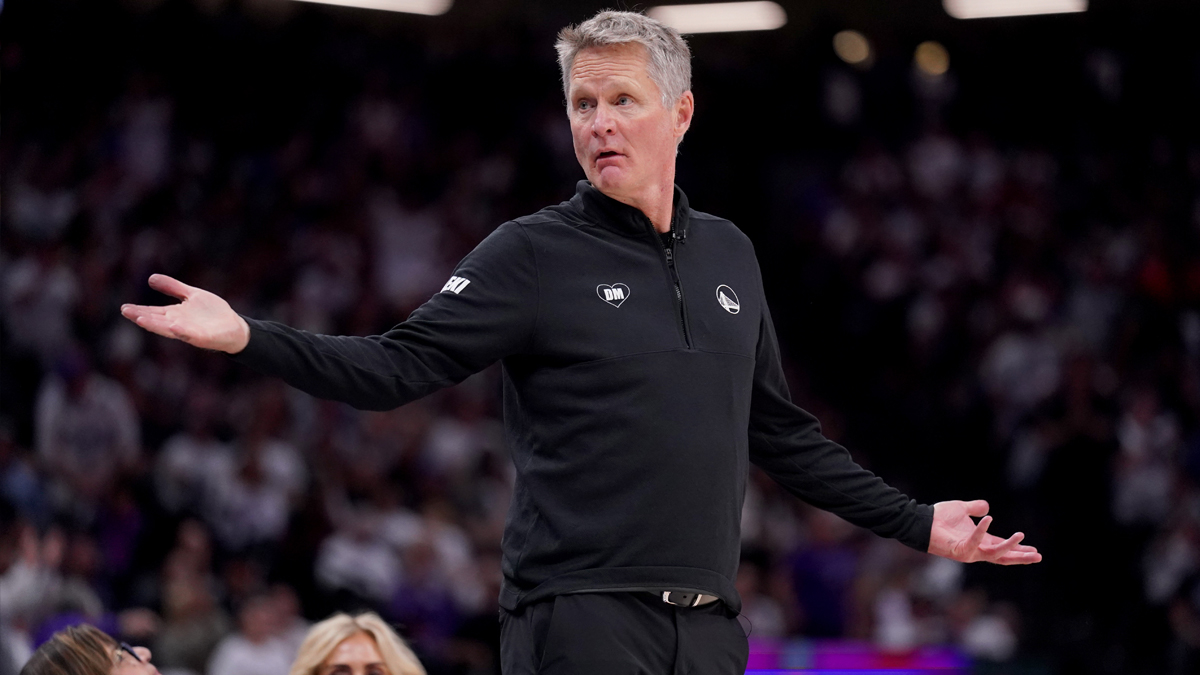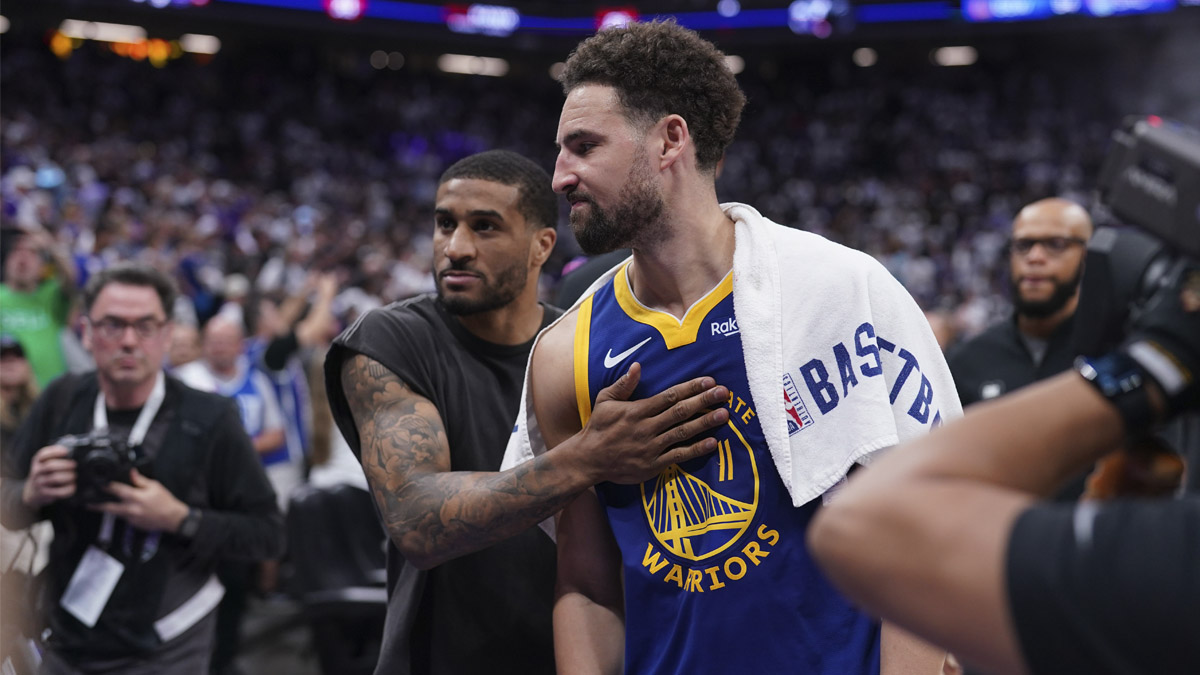John Velazquez won’t call himself an expert on Belmont Park’s grueling racetrack, but with more than 1,600 first-place finishes there—the most of any active jockey—he clearly knows its demands.
Belmont's 1 1-2 mile dirt track is the longest of its kind in the United States, and the last stop in the Triple Crown series after the 1 1-4 mile Kentucky Derby and the 1 3-16 mile Preakness Stakes. Velazquez, who won the Belmont Stakes in 2007 and 2012, has seen countless jockeys get too aggressive on the backstretch, only to have their horses fade in the final sprint.
“A lot of people get really confused,” Velazquez said. “People who come to New York and have never ridden a mile and a half have to do their homework and be aware.”
That is why the Belmont Stakes—to be held June 8—is considered the most demanding of the Triple Crown races, and a main reason why so few horses have managed to win all three.
“Thirteen of the last 15 Belmonts have been won by a horse who didn’t win either of the other Triple Crown races,” said Ed Bowen, a racing historian and journalist. “That’s a great illustration of how tough it is. That’s why they call it the ‘Test of the Champion.’ There’s nothing comparable in this country.”
Velazquez, 41, who has raced at Belmont throughout his entire Hall of Fame career, exhibited his mastery of the track at last year’s running. Velazquez held his horse, Union Rags, in the middle of the pack, then squeezed through an opening along the inside rail and out-dashed Paynter for a photo-finish victory.
“Experience counts for a lot,” Velazquez said as he recalled that 2012 race recently. “Having been here so so many years helped me.”
Sports
He stressed that there are always a myriad of other factors that play into a winning race. But at Belmont, the unusual length makes those variables more difficult to analyze.
“The length is difficult not only for your horse,” Velazquez said. “You have to do your homework on the other horses as well—which horses can handle the distance, who’ll lead, who’ll be in the pack, who’ll hang back.”
Velazquez will be back at the track on June 8, where he'll ride Todd Pletcher-trained Overanalyze in the Belmont Stakes.
Many of his competitors will be riding at Belmont for the first time in the 2013 season. But he’s not taking his prior success for granted. He never does.
“I’ve been very fortunate, but I do my homework,” Velazquez said.
And the work is always harder at Belmont.



